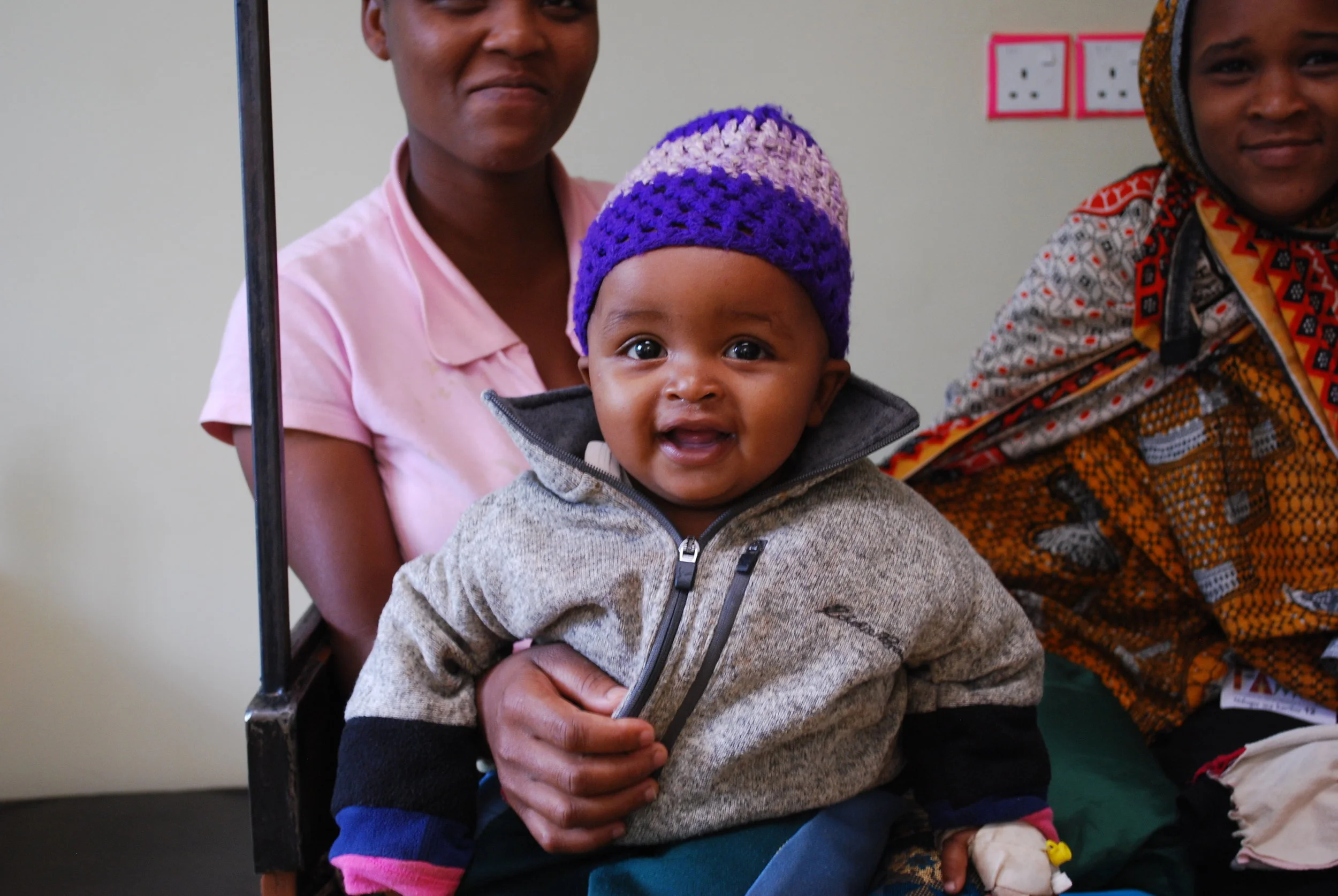By Administrative Volunteer, Chelsea Affleck
In health care organizations, there is commonly tension between the administration and the providers. I am happy to report that this trend does not extend to FAME. Here in Karatu, Tanzania, FAME operates as a collaborative team unit where each staff member is valued for their contribution. In my time volunteering, I have witnessed a remarkable level of integrity, work ethic, and commitment to learning upheld at all levels of the organization. It is evident that staff members are proud of their role and eager to advance their skills to help patients.
I'm telling you – the folks at FAME are all a big family. From day one, the camaraderie and cohesion was palpable. I felt embraced even before stepping foot on the red dirt soil of Tanzania. Phoebe, FAME's Volunteer Coordinator, was in communication with me from the get-go. She guided me through the logistics of getting to FAME and supplied me with helpful tips. When I showed up on site, each new person that I saw would approach me with a warm exclamation of "jambo!" and an outstretched hand. I felt like I was joining a community.
All volunteers and a number of the providers live on site at FAME. I was happy to take up residence in one of the airy and well-equipped bungalows on the edge of the hilltop. My first morning, upon waking up, I headed out to the back porch for a little morning meditation session. I sank into the rhythmic flow of my breath, but was suddenly pulled out by the friendly bark of a dog coming up the hillside. Oscar came prancing on up to investigate who I was and if I was the kind of visitor who eagerly gave out hugs and treats. Unfortunately for Oscar, I am much more of a cat person and shooed the pup away. As Oscar bounded off, I looked up to see Oscar's owners, Frank and Susan, out on their morning walk. They smiled and waved from a distance. Though I had yet to meet the FAME co-founders, I could sense from their smiles and calm presence that they were glad to have me aboard. In learning about FAME's history, I could tell that Frank and Susan see the staff as their family and are deeply invested in the growth and well-being of the organization as a whole.
As a recent Masters in Health Administration student, I showed up at FAME with fresh ideas about organizational behavior, change management, and process improvement. The administrative staff was eager to hear my thoughts and welcomed input. I enjoyed my time volunteering and worked to distill my reflections into tangible and appropriate recommendations. Yet, in the end it was the FAME staff that shored up my understanding of health care leadership.
FAME's sincere and individualized support of the success of its employees exemplifies a culture of learning, meaning that the organization strives for continuous learning and transformation. For example, FAME's medical staff and volunteers are skilled at transferring knowledge with learning often built into the weekly schedule. Each Tuesday and Thursday, the team comes together for a seminar, where volunteers will share a skill or technique that can be of use for FAME patients. The whole team then works together to integrate these methods into operational flows.
A second example of FAME's commitment to the growth of their employees is William Mhapa. William started at FAME as a Community Health Coordinator back when FAME was a mobile clinic. Over the years, Frank and Susan had seen him show up each day to his job and were impressed with his work ethic and humility. In return, he was gradually given more responsibility. Today, William serves as FAME's HR and Operations Manager, supporting FAME's 150 employees and managing daily operations. Last year, FAME provided the support necessary for William to enroll in a Master’s of Science in Health Systems Management program in Kenya. He recently submitted his thesis, "Factors Influencing Low Uptake of Health Insurance Scheme in Tanzania, The Case of Karatu" and is expected to graduate this year. Over the years FAME has provided support for two doctors, three nurses and one lab technician to return to school and advance their scope of treatment.
Unpredictability is the nature of the game in health care, particularly in rural Tanzania. The curiosity, commitment, and culture of learning at FAME has allowed the organization to be nimble and adaptive in the face of unpredictable resources and patient needs. I may have learned the distinguishing characteristics of a learning organization during my master’s program, but it wasn't until I had the opportunity to work within one that I digested what it really takes: Grit, authentic interest, and investment by each team member united around a shared vision. For FAME, that vision is for communities in rural Tanzania, where individuals from all walks of life have access to quality medical care and frontline health workers have the resources they need to treat disease and save lives. And it's happening, I've seen it!





